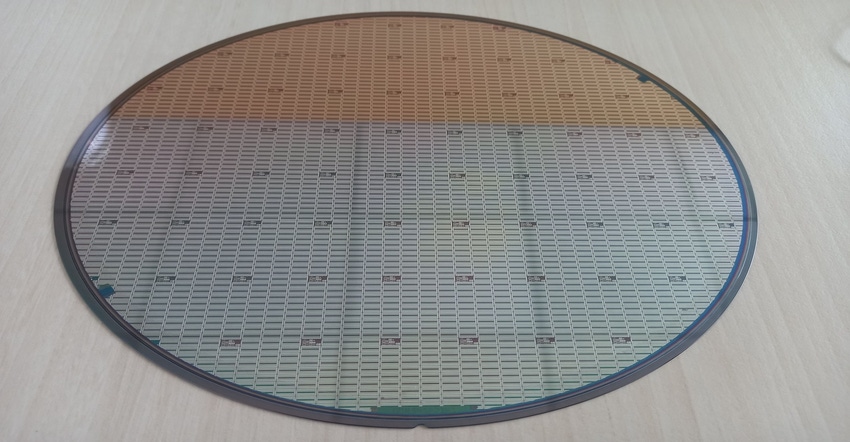Solid-state MEMS technology promises higher performance, lighter weight for hearing aid and micro speakers.
April 21, 2023

While semiconductor technology has helped to improve the design of many products, one area the technology has not touched is speakers, which mostly still rely on traditional voice coil technology. While voice coil technology is inexpensive and easy to build, it is subject to slow transient response and inaccurate reproduction, as well as reliability issues from moisture and shock.
A startup company, called xMEMS, has been developing solid-state, piezoresistive MEMS silicon technology for several years and is adapting that technology to build tiny speaker transducers. After several years of sampling parts, the company has begun ramping up production of speaker transducers for OEMS that produce micro speakers and hearing aids.
xMEMS uses piezoelectric thin-film silicon membrane technology to produce transducers that replace the coil and magnet for speakers. The technology produces a functional transducer at the die level. This transducer die can be housed in standard semiconductor packages and handled by traditional surface-mount semiconductor manufacturing equipment. The silicon-based speakers can be tested during wafer sorting.
Whlle piezoelectric technology has existed for years, the breakthrough to allow their use in speakers was in part the work of TSMC, the Taiwan-based foundry, which developed a very thin-film piezoelectric material, according to Zachi Friedman, Director of Product Marketing.
“Initially, TSMC fabricated the material, but we helped them further develop the material for use in speaker transducers,” said Friedman during an interview with Design News.
When combined with silicon as the speaker diaphragm instead of plastic or paper, the transducer becomes a solid-state speaker. According to the company, the speaker is about 1/10th the weight and 40 percent the size of a similar coil speaker. Since there are no moving parts, an xMEMS solid-state micro speaker is considered more reliable and durable than a voice coil-based speaker, even meeting IP58 standards of protection from dust and sweat.
Higher Performance
The solid-state design benefits performance as well. According to xMEMS, the speakers produced through the piezoresistive MEMS silicon membrane architecture have shown to be 95 times stiffer, offering improved clarity and eliminating the muddy midrange and treble response created by traditional speaker membrane materials.
The silicon membrane architecture also reportedly delivers 150 times faster impulse response than traditional designs, improving sound reproduction compared with coil architectures.
xMEMS began sampling a transducer using its piezoresistive MEMS technology, called Montara, starting in 2020 for use in micro speakers. The company recently began shipping three solid-state fidelity solutions
The first is Cowell, a tiny solid-state micro speaker that deliver high-frequency response and clarity, plus a wider sound stage, for TWS earphones and hearing aids.
The second is Skyline DynamicVent, a piezoMEMS, DSP-controllable vent that blends the benefits of open- and closed-fit earbuds and hearing aids. Skyline offers active ambient control (AAC), eliminating the uncomfortable amplification of one’s own voice or footsteps when their ears are covered.
The third is Montara Plus, the successor to Montara, which can achieve sound pressure levels up to 120 dB @ 200 Hz, suiting it as a full-bandwidth transducer for audiophile-level, high-resolution in-ear monitors. This design can create a path to smaller, lighter, simpler IEM designs without the phase alignment and design complexities of multi-driver IEM implementations.
According to xMEMS’ Zachi Friedman, the company expects OEM applications using its piezoresistive MEMS silicon speaker technology to emerge later this year.
Spencer Chin is a Senior Editor for Design News covering the electronics beat. He has many years of experience covering developments in components, semiconductors, subsystems, power, and other facets of electronics from both a business/supply-chain and technology perspective. He can be reached at [email protected].
You May Also Like



